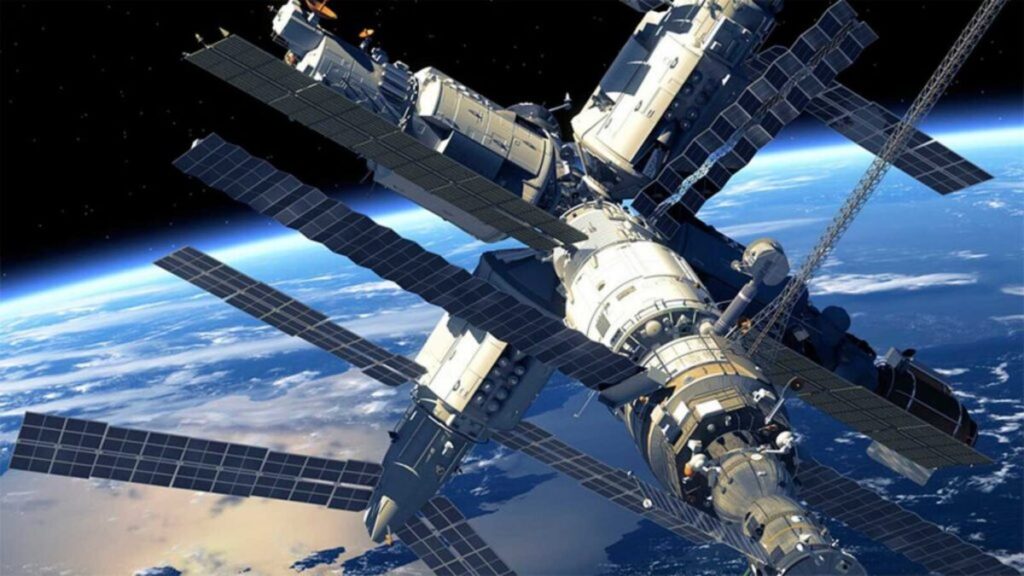Throughout history, humans have believed that bigger is better with colossal construction projects. Pyramids, religious monuments, skyscrapers, and other buildings deemed important to people’s lives thousands of years ago and today testify to this belief.
These expensive megaprojects in history demonstrate the vision, ingenuity, and drive of humans since they left the caves and began to erect buildings. Mankind has consistently endeavored to push the limits.
As technology, machinery, and construction methods improve, the size and scope of what builders can create expands. However, massive projects must overcome tremendous obstacles, from having to navigate increasingly complex politics and government regulations to overcoming opposition from environmental and social activist groups.
Below is a list of the top 5 most expensive megaprojects in history and a few others to keep an eye on in years to come.
Table of Contents
5 Most Expensive Megaprojects in History
Here are the 5 Most Expensive Megaprojects in History for 2025 worth knowing about:
1. South-North Water Transfer Project, China
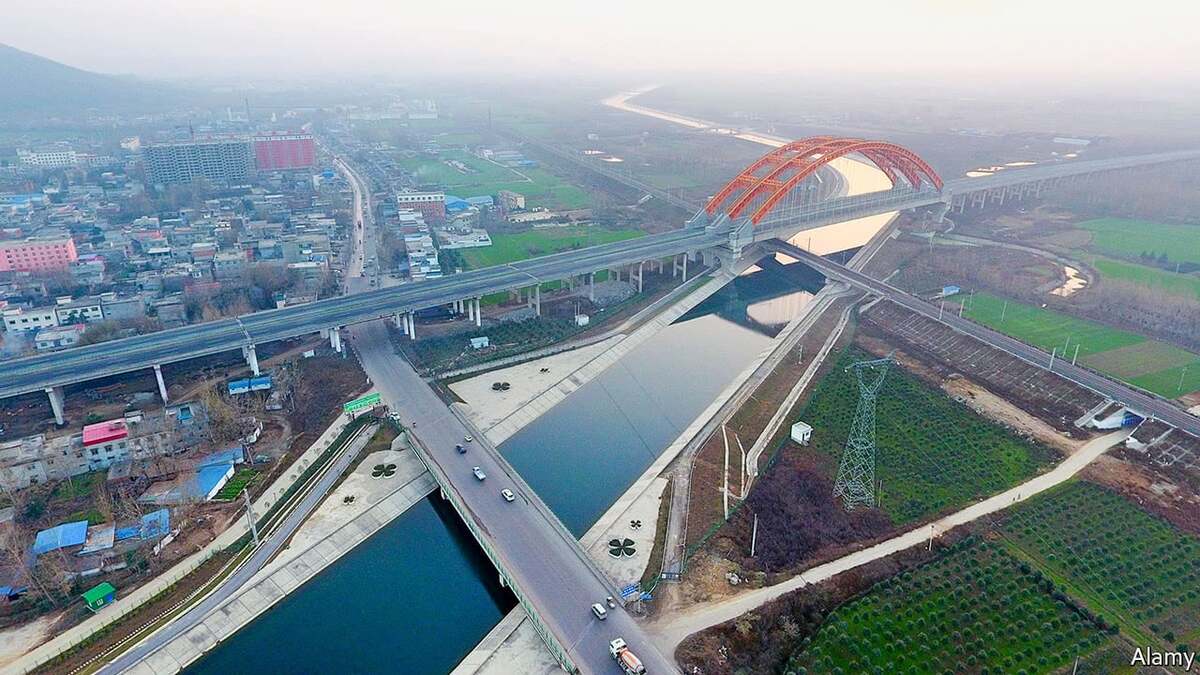
The South-North Water Transfer Project is a multi-decade, one of the most expensive megaprojects in history. Its purpose is to move 44.8 billion cubic meters of fresh water annually from the Yangtze River in southern China to the more arid and industrialized north. Commenced in 2002 with a budget of $62 billion, the cost had ballooned to $80 billion by 2014.
South-North Water Transfer Project, China
The project comprises three canal systems: the Eastern Route through the course of the Grand Canal; the Central Route from the upper reaches of the Han River (a tributary of the Yangtze River) via the Grand Aqueduct to Beijing and Tianjin; and the Western Route, which runs from three tributaries of the Yangtze River near the Bayankala Mountain to provinces such as Qinghai, Gansu, and Ningxia.
2. High-Speed Railway, California
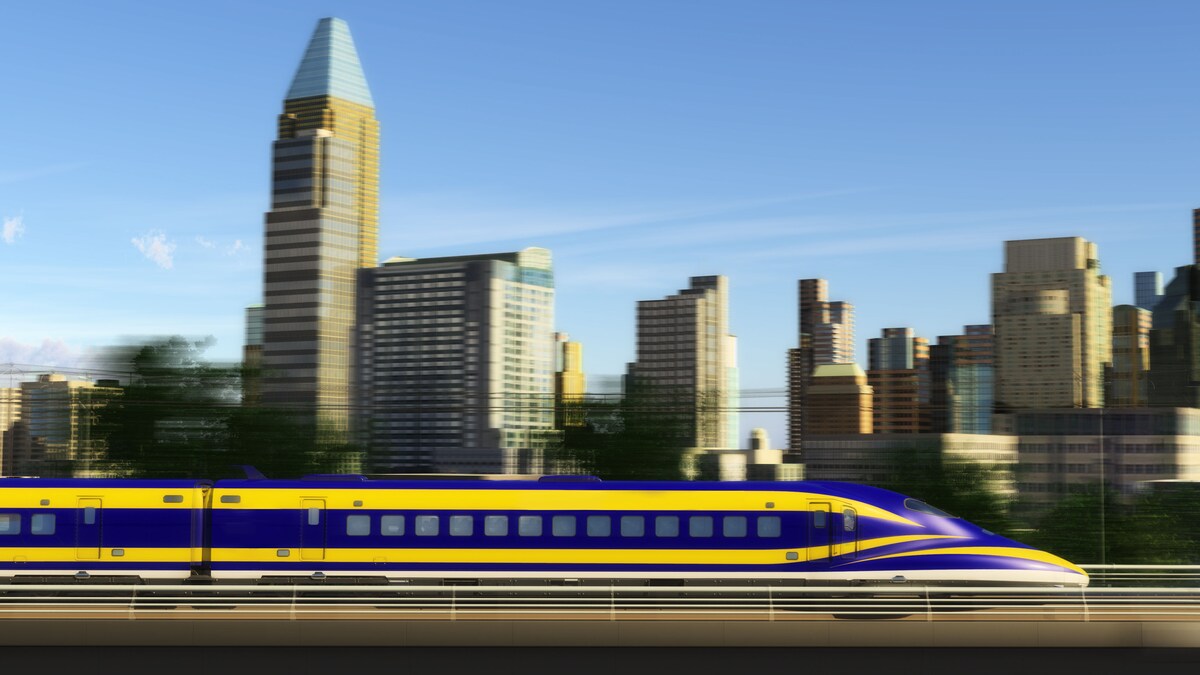
The California High-Speed Rail is a rail system under construction in California that will run from San Francisco to the Los Angeles basin via the Central Valley, connecting eight of the 10 largest cities in the Golden State. The all-electric bullet train will be powered by renewable energy and able to reach speeds up to 220 miles per hour. A trip between Los Angeles and San Francisco will cover 380 miles in two hours and 40 minutes.
3. Dubailand, Dubai

Dubailand is an ambitious $64.3 billion project in Dubai, UAE, consisting of a monumental entertainment complex comprising 45 separate expensive megaprojects in history and 200 sub-projects. Dubailand is divided into six zones or worlds: themed leisure and vacation, attractions and experience, sports and outdoors, retail and entertainment, eco-tourism, and downtown.
Dubailand, Dubai
When completed, Dubailand will be the largest collection of theme parks in the world and about the size of two to three Walt Disney Worlds stretched on 107 square miles of land. The project, which also includes hotels, shopping centers, and residences, is expected to be completed in 2025.
4. Estación Espacial Internacional
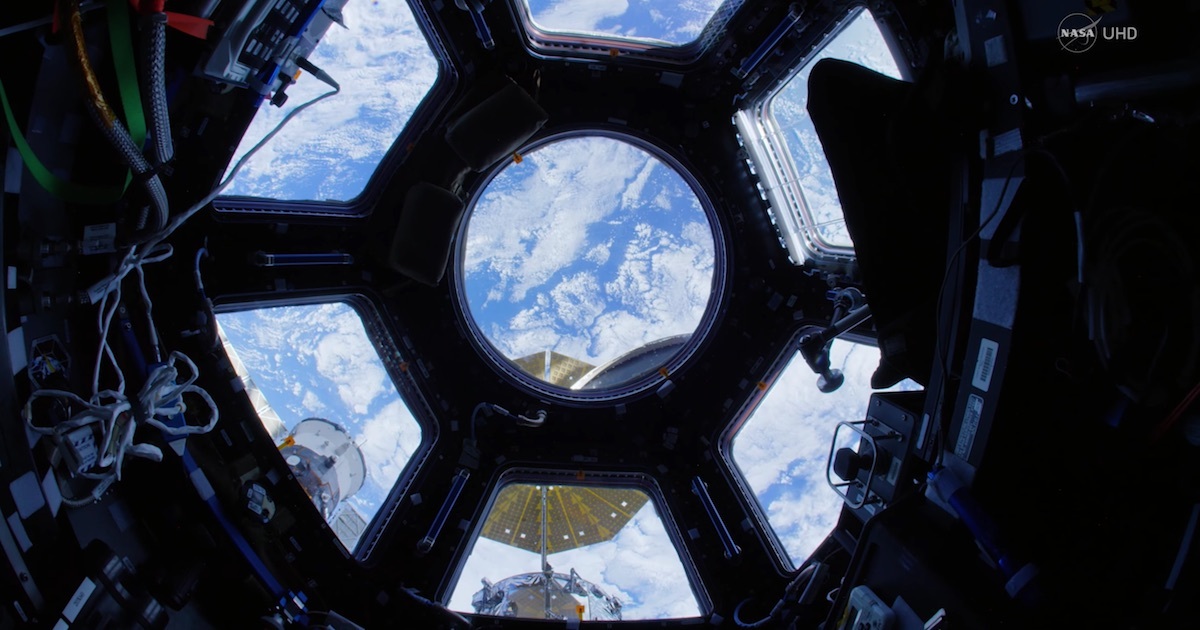
The station is the largest man-made object in space, weighing about 925,000 pounds, not including the crew, research equipment, water and gas supplies, spare parts, personal effects, and other items. It orbits the Earth at an altitude of 254 miles and travels at 17,500 mph, that is 4.76 miles per second, circling the planet once every 93 minutes.
Suggested article to read: 7 Top Construction Company in Saudi Arabia in 2024
5. Crossrail, London
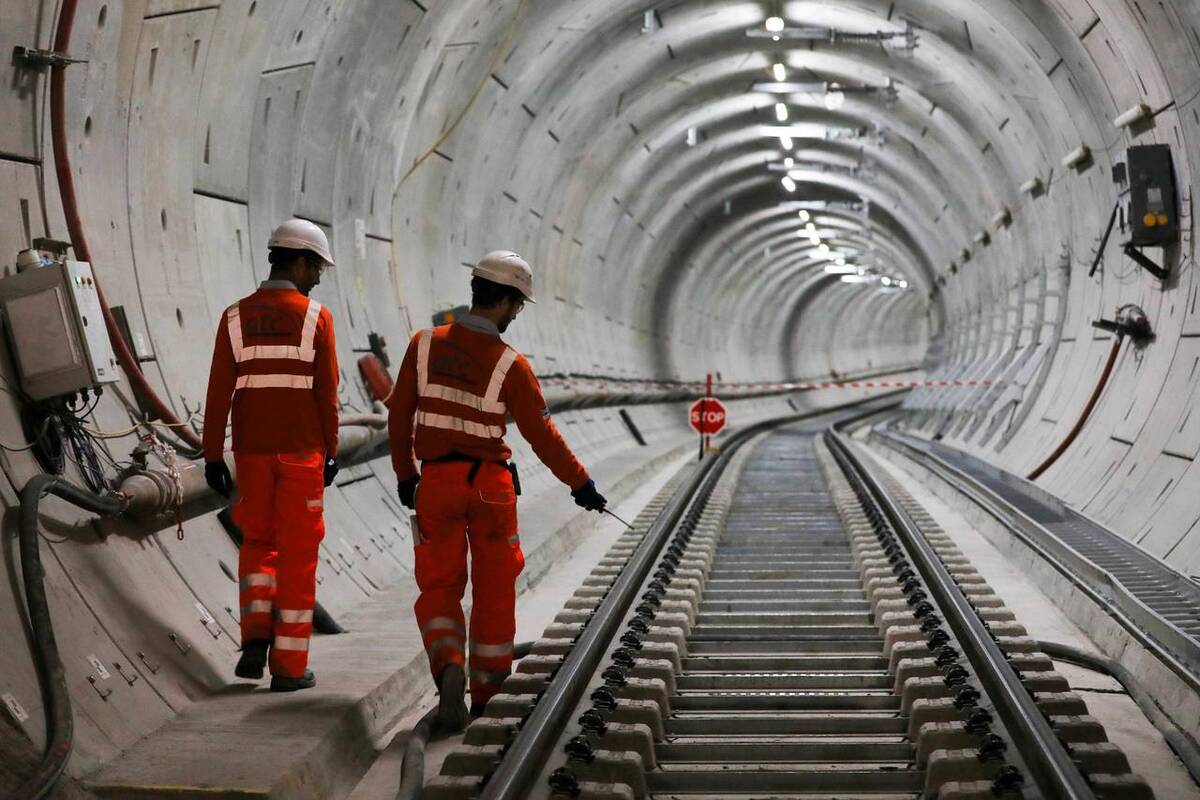
The Crossrail project in London is one of the largest railway megaprojects in Europe and part of the London Underground, the first underground train system in the world. The 26-mile railway, branded the Elizabeth Line, will cross London from east to west, connecting two major railway lines terminating in the capital city—the Great Eastern Main Line and the Great Western Main Line—and linking 41 stations.
Crossrail, London
Construction work began in 2009, and although trial runs started in May 2021 in some sections of the line, the railway won’t be fully operational until 2023. While the project’s initial budget called for £14.8 billion (about $20.3 billion), the total cost has risen to £18.25 billion ($25 billion).
Conclusion
While there are undoubtedly several causes that contribute to cost overruns, the single greatest factor is inaccurate cost estimates that lead to change orders and schedule changes. Faulty cost estimation is implicated so much in budget creep amongst these expensive megaprojects in history that governments around the world are instituting new cost estimating risk procedures such as cost estimate validation process or reference class forecasting, to improve the accuracy of cost estimation for mega projects and the ability of firms to deliver megaprojects on budget without altering specifications or changing schedules. Budget creep is such a problem that some firms have been specifically commissioned for megaprojects to recommend “Cost containment actions.”
Because some expensive mega projects in history’s budgets are larger than the national GDP of many countries, it’s not just companies that suffer when megaprojects go wrong, but national economies themselves. In this way, we must acknowledge how poor cost estimation contributes to these failures and how to improve cost-estimating processes for future large, expensive construction projects.
FAQs
What are the 5 Most Expensive Megaprojects in History for 2025?
- Answer: 1. South-North Water Transfer Project – 2. High-Speed Railway – 3. Dubailand – 4. International Space Station – 5. Crossrail
Why is the International Space Station (ISS) so significant?
- Answer: The ISS is the most expensive project ever built, costing $150 billion. It’s also the largest object in space, circling Earth at 17,500 mph every 93 minutes.
What is the South-North Water Transfer Project in China about?
- Answer: It’s a massive project to move 44.8 billion cubic meters of water each year from the Yangtze River in southern China to the drier, industrialized north.
What makes Dubailand such a big deal?
- Answer: Dubailand is a $64.3 billion entertainment complex with six themed zones, 45 mega projects, and 200 sub-projects, making it the largest collection of theme parks in the world.
Suggested article for reading:
5 Biggest Construction Projects in Europe, Last One being the Most Important
2025 Construction Forecast: Key Trends to Watch
2025 Construction Costs Forecast: What to Expect
7 Biggest Construction Projects in History for 2025
4 Biggest Construction Projects in the World Right Now; 2025 Review
7 Biggest Construction Projects in the USA Right Now; 2025 Review
Resources:
Forbes | Construction Briefing | Integra Recruitment | Concrete Construction | 1build | Archdaily
For all the pictures: Archdaily

